One notebook per person, predicts Intel
Intel's Mooly Eden thinks we'll all have a notebook of our own, rather than having to share them.
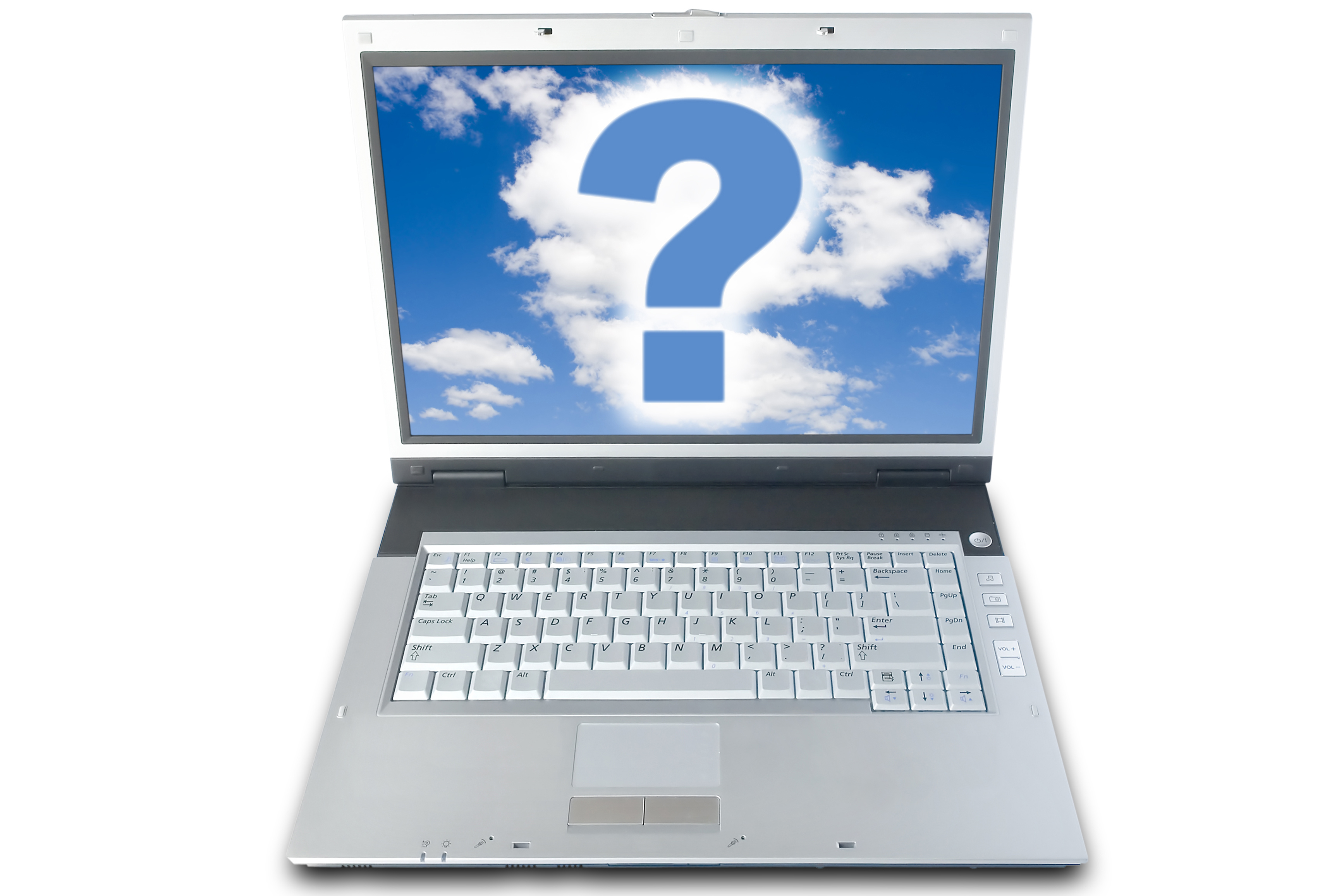

Our addiction to the internet will drive us to each have our very own personal computers to carry with us wherever we go, according to one Intel executive.
The mobility revolution is already in the works, according to Intel's general manager of mobile platforms Mooly Eden, speaking today at the Intel Developer Forum in San Francisco.
"We are addicted to the internet, we are going to be connected to the internet 24/7," he said.
Just as phones went from one per house, to one per room, to one per person, Eden predicted we'd all soon have our own notebooks. "You do not want to share your phone with anybody else," he said, admitting the device of choice may be a smartphone, netbook or a laptop or a combination of a few.
"There will be more than one device per person," Eden said. "People don't want Swiss Army devices."
The gap between those with their own computer and those without isn't because of price, Eden claimed. "It's not an issue of affordabilty. A lot of people can afford it... do they desire to have it?" he said.
Eden showed a graph highlighting that fewer than a billion people had mobile PCs the same number of people who had mobile phones in 1999. Now, that market has expanded to more than five billion. "Collectively for our industry the opportunity for growth is huge," he said.
Get the ITPro daily newsletter
Sign up today and you will receive a free copy of our Future Focus 2025 report - the leading guidance on AI, cybersecurity and other IT challenges as per 700+ senior executives
Performance remains relevant
Eden stressed that performance must continue to improve to keep people's interest. "The application you run five years from now will not play on today's processor," he claimed, adding that tools like automatic translation and data mining will require more performance in order to be carried out on the fly.
"Our competitors say it's not about performance, it's just about graphics," Eden said. "But of course they would say that."
Click here for more news from the Intel Developer Forum 2009.
Freelance journalist Nicole Kobie first started writing for ITPro in 2007, with bylines in New Scientist, Wired, PC Pro and many more.
Nicole the author of a book about the history of technology, The Long History of the Future.
-
 Gaining timely insights with AI inferencing at the edge
Gaining timely insights with AI inferencing at the edgeWhitepaper Business differentiation in an AI-everywhere era
By ITPro
-
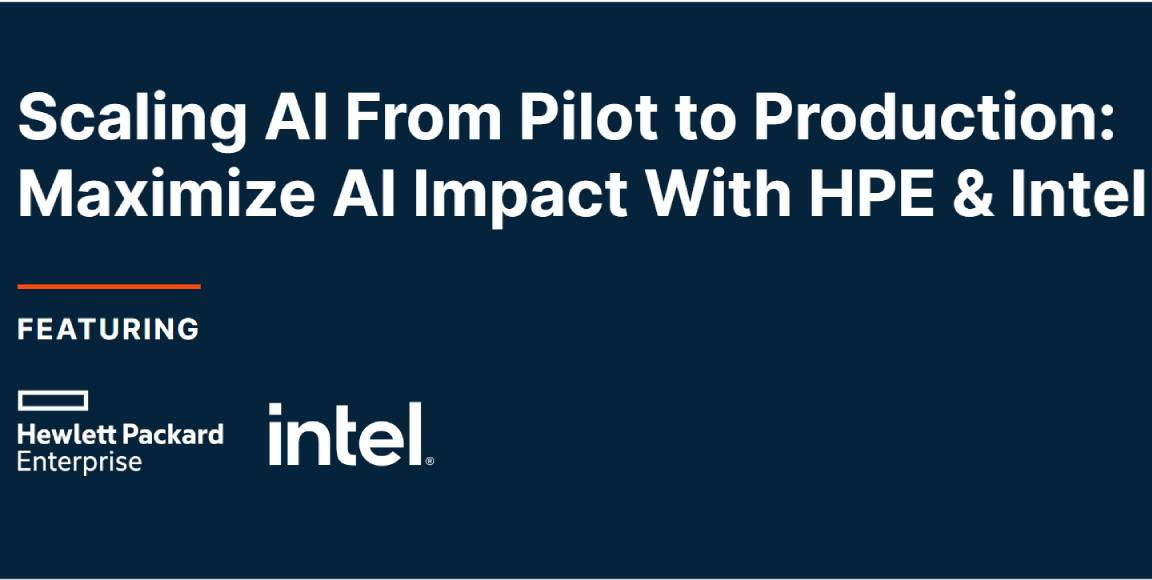 Scaling AI from pilot to production: Maximize AI impact with HPE & Intel
Scaling AI from pilot to production: Maximize AI impact with HPE & IntelWhitepaper Transform AI proof-of-concepts into full-scale implementations
By ITPro
-
 UK supercomputer boom as HPE and Dell receive funding for new AI cluster
UK supercomputer boom as HPE and Dell receive funding for new AI clusterNews The UK’s AI computing capabilities will increase by an order of magnitude in 2024
By Rory Bathgate
-
 AI gold rush continues as Hugging Face snags $235 million from IBM
AI gold rush continues as Hugging Face snags $235 million from IBMNews The investment round, which brings the company's valuation to $4.5 billion, also includes Amazon, Google, Intel, and Salesforce
By Richard Speed
-
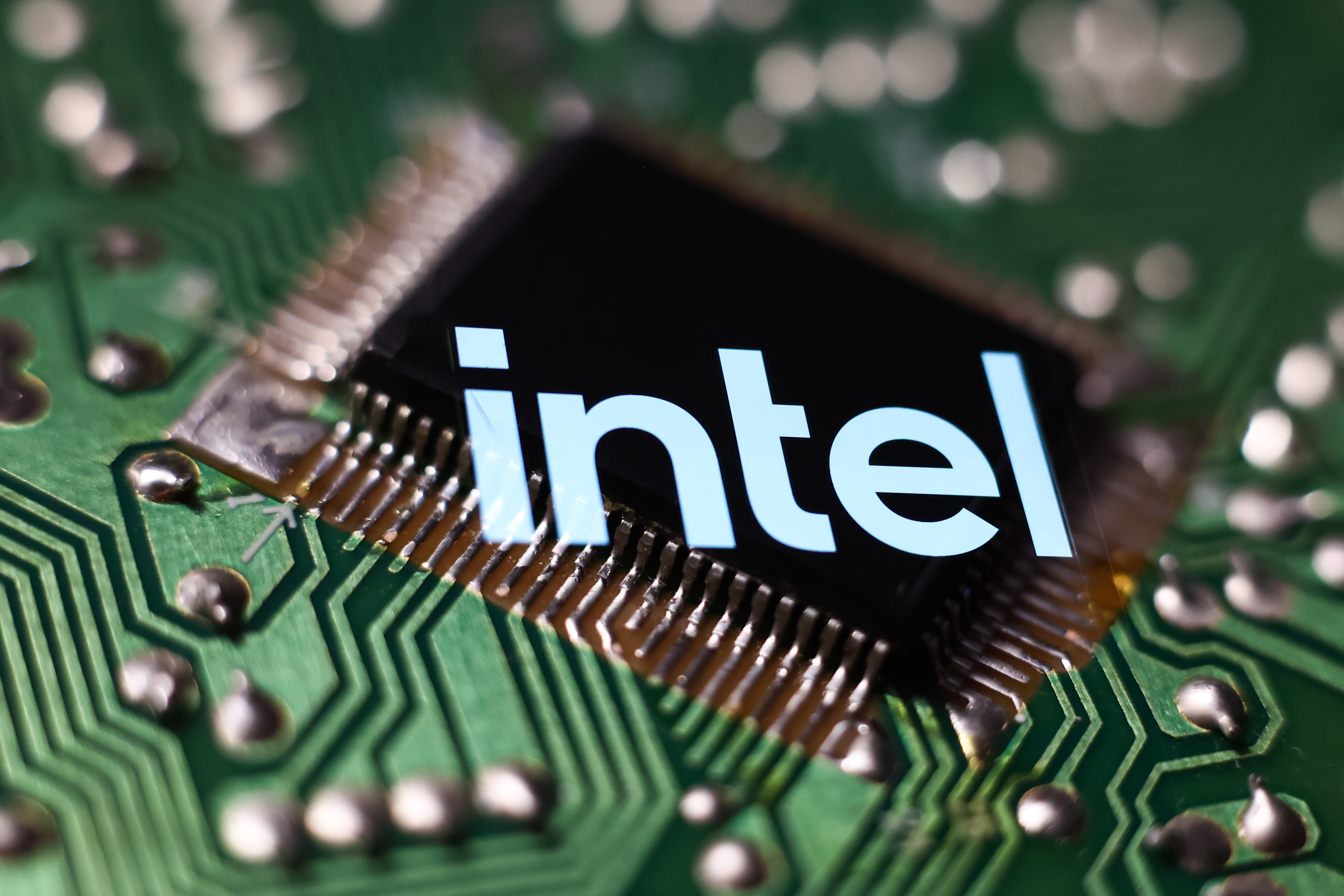 Why is ASUS reviving Intel’s NUC mini-PC line?
Why is ASUS reviving Intel’s NUC mini-PC line?News The diminutive PC is to rise again while analysts look for the business case
By Richard Speed
-
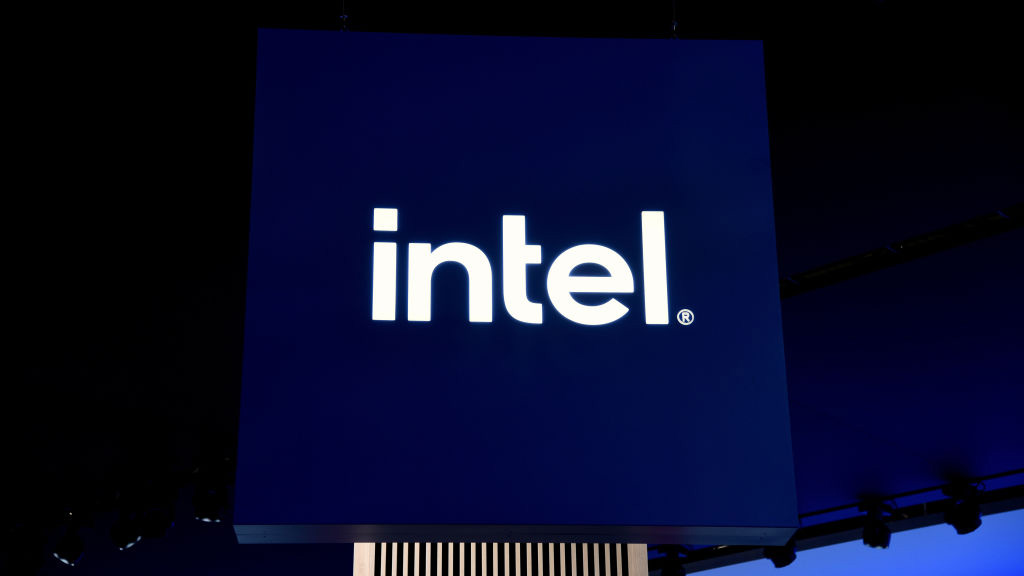 Intel targets AI hardware dominance by 2025
Intel targets AI hardware dominance by 2025News The chip giant's diverse range of CPUs, GPUs, and AI accelerators complement its commitment to an open AI ecosystem
By Rory Bathgate
-
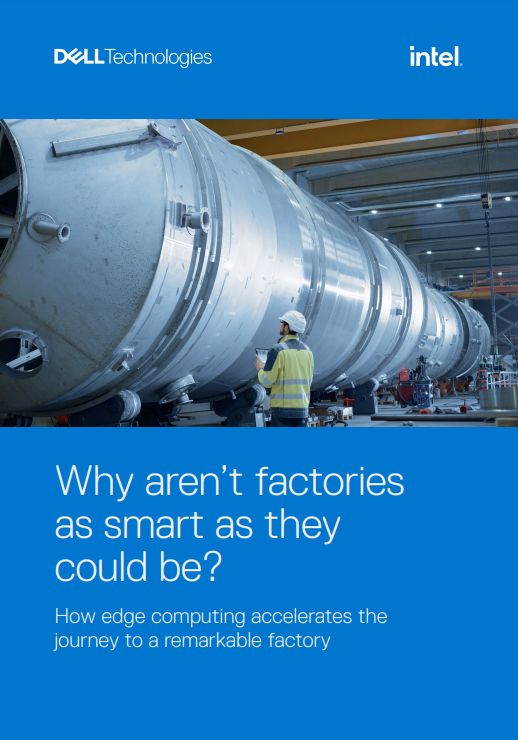 Why aren’t factories as smart as they could be?
Why aren’t factories as smart as they could be?Whitepaper How edge computing accelerates the journey to a remarkable factory
By ITPro
-
 Who needs Intel vPro®, An Intel® Evo™ Design, anyway?
Who needs Intel vPro®, An Intel® Evo™ Design, anyway?Sponsored With flexible work on the up, the demand for high performance on-the-go business laptops has never been greater
By ITPro

